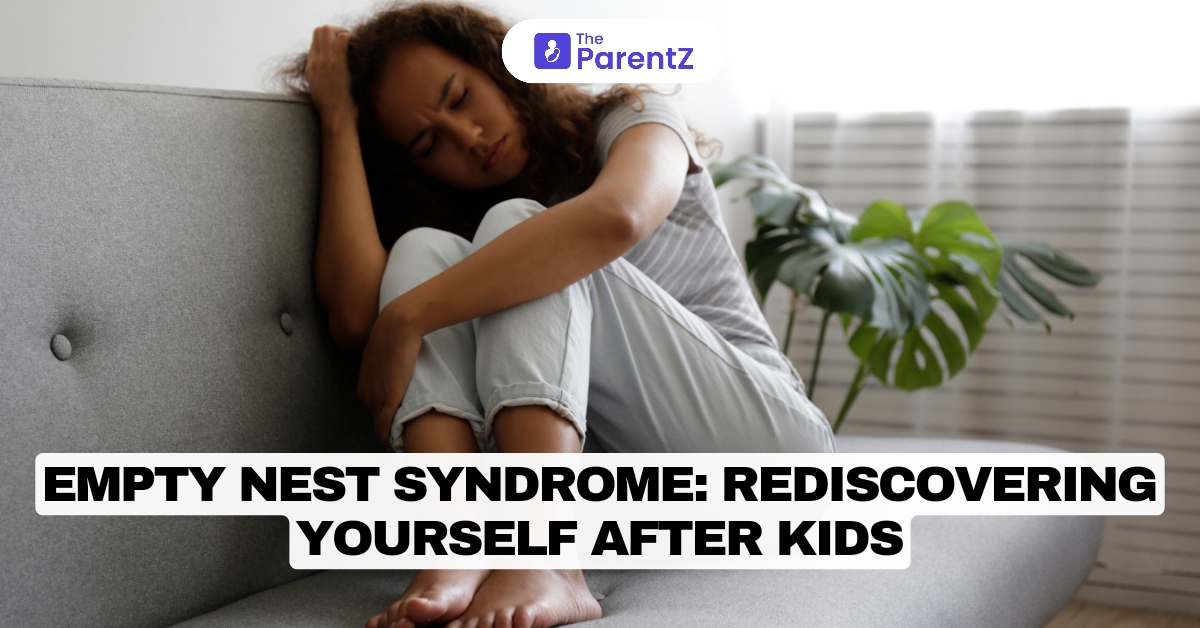The day your child leaves home is a bittersweet milestone. It’s a testament to the incredible job you’ve done raising an independent, capable individual. But beneath the surface of pride, there’s often a profound sense of loss and change. This is what we call Empty Nest Syndrome.
It’s a term that many parents have yet to hear of, and even fewer understand. The expectation is that once your children spread their wings, you should feel nothing but joy and relief. But the reality is often different. The house, once filled with laughter, energy, and the constant pitter-patter of little feet now echoes with silence. The routine that has defined your life for years has abruptly changed. And amidst the whirlwind of emotions, you might find yourself questioning your identity and purpose.
It’s Okay to Feel Lost
It’s important to understand that feeling a pang of sadness or loneliness when your children leave is completely normal. You’ve nurtured and cared for these little humans since their birth. Your life has revolved around their needs, schedules, and happiness. Now, that chapter is closing, and feeling a sense of loss is natural.
Remember, you’re not alone. Millions of parents worldwide have experienced this transition and emerged stronger on the other side. The key is to acknowledge your feelings, give yourself time to adjust, and embrace this new chapter as an opportunity for growth and rediscovery.
A Time to Celebrate Achievements
Let’s take a moment to appreciate the incredible journey you’ve been on. You’ve witnessed miracles – from tiny fingers grasping yours to confident strides into adulthood. You’ve celebrated triumphs, offered unwavering support, and instilled values that will shape their lives. You’ve created a home filled with love, laughter, and cherished memories. Every scraped knee, late-night worry, and proud moment is part of the tapestry of parenthood.
But now, as the nest empties, it’s time to focus on you. It’s time to rediscover your passions, your interests, and your identity beyond the role of a parent. It’s okay to feel a little lost or directionless at first. This is a new beginning, and it takes time to find your footing.
Moving Forward: Tips for Navigating Empty Nest Syndrome
So, how do you navigate this transition? Here are some tips:
- Embrace the change: Acknowledge your feelings, but don’t let them consume you. This is a natural part of life and an opportunity for personal growth.
- Reconnect with your partner: With the kids gone, you have more time to focus on your relationship. Rekindle your love, pursue shared interests, and create new memories together.
- Rediscover yourself: What were your hobbies before kids? Pick them up again or explore new interests. This could be anything from painting to hiking, writing to volunteering.
- Build a support system: Talk to friends, family, or other parents who have experienced Empty Nest Syndrome. Sharing your feelings can be incredibly therapeutic.
- Seek professional help if needed: If you’re struggling to cope, consider talking to a therapist. They can provide guidance and support as you navigate this transition.
- Maintain connections with your children: While they’re building their own lives, make sure to stay connected. Regular phone calls, video chats, or visits can help maintain your bond.
Conclusion
Remember, Empty Nest Syndrome is a temporary phase. With time and self-care, you will emerge from this transition stronger, more confident, and ready to embrace the next chapter of your life. You have indeed raised amazing children but now it’s time to create an equally fulfilling life for yourself. You deserve happiness and fulfillment. Don’t be afraid to start this new journey.








Be the first one to comment on this story.